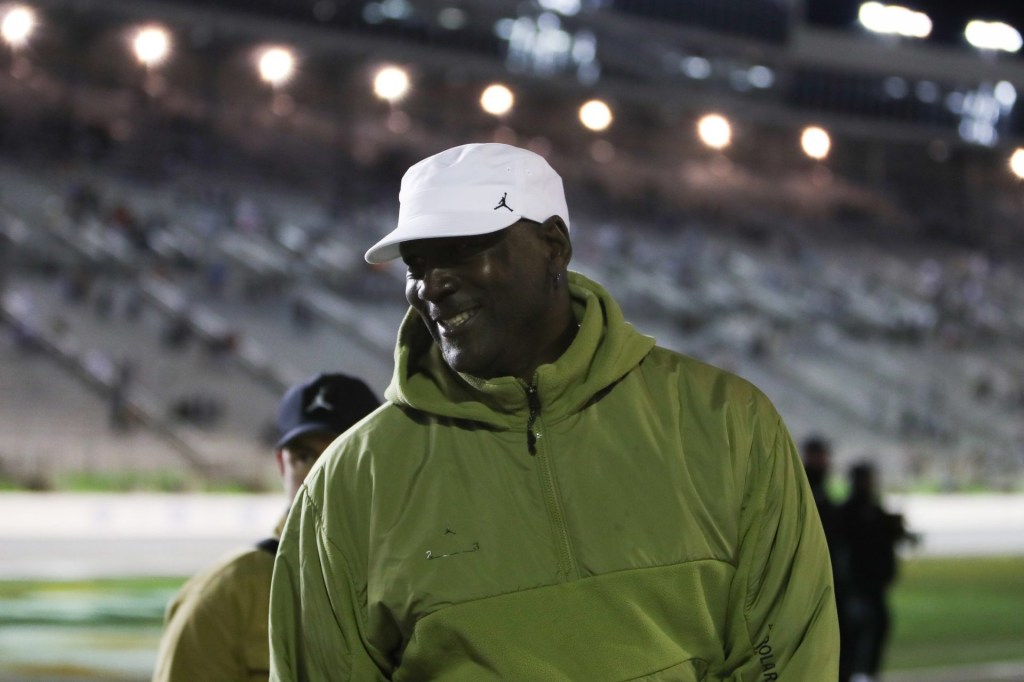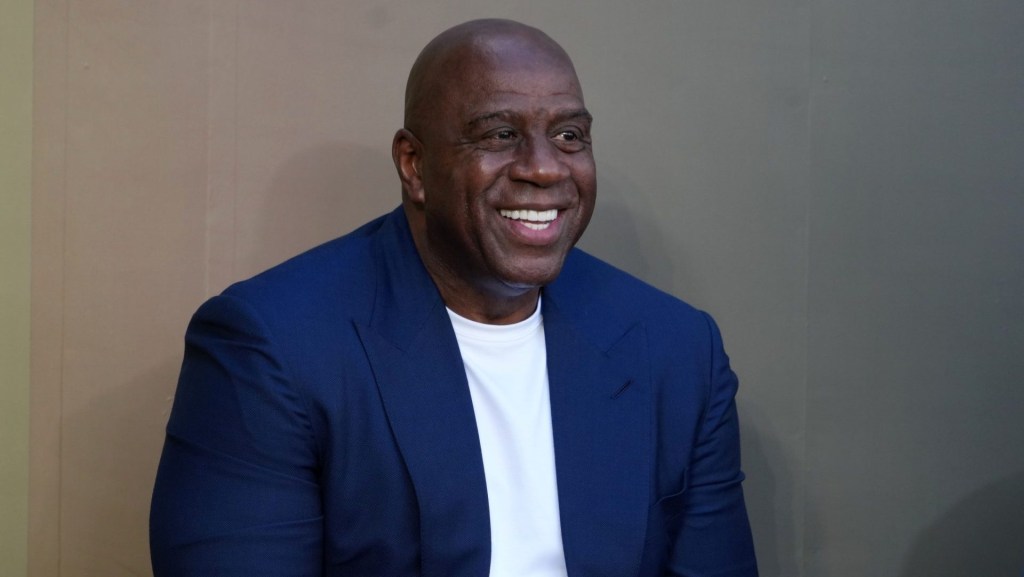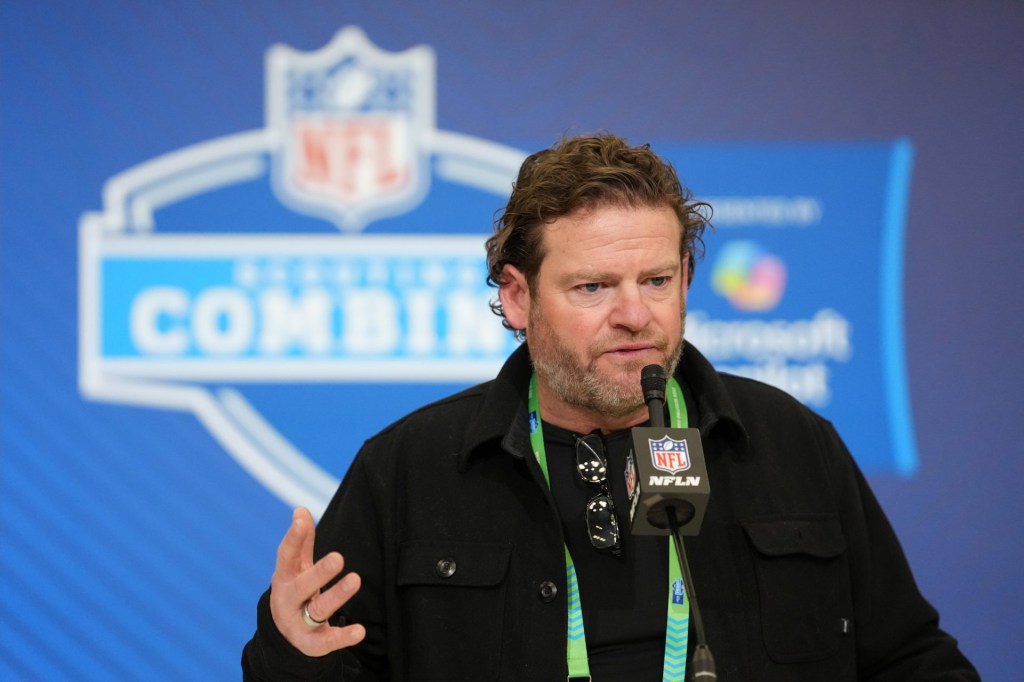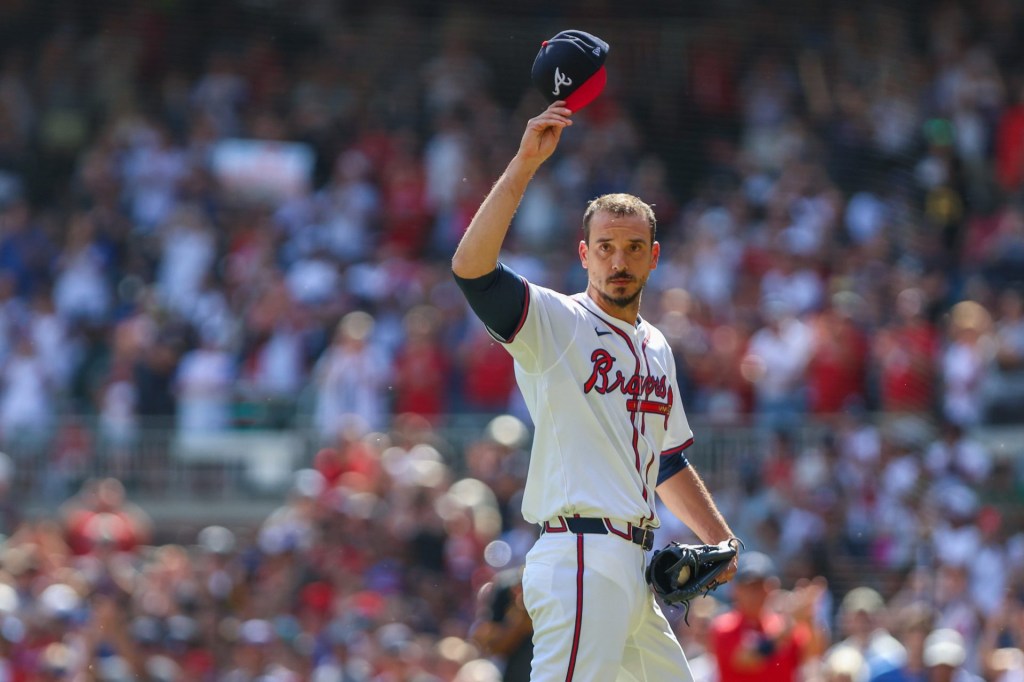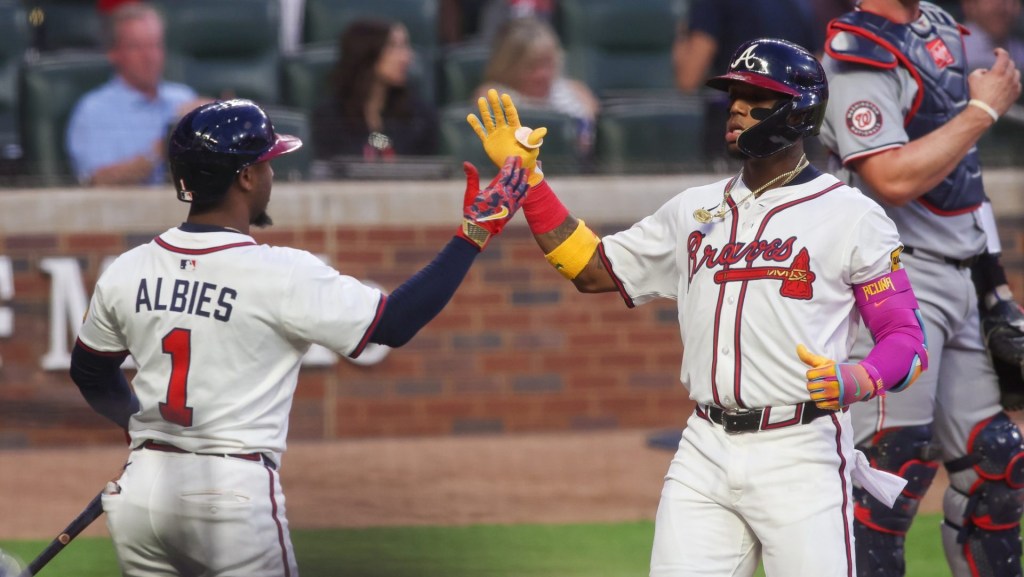Josh Harris grasped the game ball handed to him by Washington Commanders head coach Ron Rivera, and raised it above his head.
The jubilant locker room scene after the season-opening victory over the Arizona Cardinals encapsulated what Harris’ purchase has meant to those in or around the storied franchise.
“That’s one,” Harris told a room full of players and staff. “It’s one for the city. It’s all you. Thank you.”
But to get to Sunday, Harris had to maneuver a months-long process to acquire the Commanders.
“The deal was hard,” Harris told Front Office Sports. “It was all stressful. I had to put together a group of 20 investors, raise capital, and then convince the NFL that we were going to be good stewards. So, it was a really complicated deal.”
Harris and his group, with about $2 billion of his cash, amassed $6.05 billion to complete the deal, setting a worldwide record for a sports franchise. In the seven weeks since, the public has greeted Harris and his fellow investors as the saviors of a once-thriving franchise.
Harris said he didn’t know who else could have ended up with the franchise he cheered on growing up outside D.C. in Chevy Chase, Maryland. But FOS reported that in the months after Dan Snyder put the team on the market in November, there were two options as owner for this season and beyond: Harris or Snyder.
“Dan ultimately decided who won,” Harris said.
Sources told FOS that owners finally would have mounted an effort to remove Snyder had he kept the team, something multiple owners feared would lead to a protracted legal fight.
Harris bought a fixer-upper, which is hard for some of those outside the D.C. market to fathom, given that the Commanders went for $1.4 billion more than the Denver Broncos — another team Harris pursued.
A prospectus obtained by FOS that Harris shared with those who ultimately became co-owners — a group that includes fellow billionaire with local ties Mitchell Rales along with Magic Johnson and former Google CEO Eric Schmidt — showed the upside.
“The team initially started to trend towards the middle of the league as FedEx Field aged and bad press continued to surround Snyder,” the prospectus stated. “In 2020, when the first allegations of a toxic workplace came out the team quickly dropped to the bottom of the league in local revenue.”
ESPN was the first outlet to report on the prospectus.
The prospectus also gave a snapshot of the decline since Sndyer purchased the club in 1999, and how new ownership would be able to turn things around.
- The Commanders went from No. 1 in local revenue to No. 22 between 2008 and 2022, and since 2010 attendance dropped from second to dead last.
- “Commanders have seen ticket revenue decline by (about) 5% annually over the last 14 years, and is down (more than) 50% (from the franchise’s) peak.”
- As the average sponsorship revenues among other NFL teams climbed more than 50% between 2013 and 2021, the Commanders’ sponsorship money dropped 26%.
“We believe these dynamics present meaningful upside opportunity and that an active, engaged ownership can bring the team back to pre-2015 rankings,” the prospectus stated.
And those revenues are already trending upward. Bud Light returned as a sponsor last month, and the team recently announced new deals with Verizon, 50 Cent’s Sire Spirits, and Northwest Federal Credit Union.
The team sold out FedEx Field days ahead of Sunday’s opener, and the second home game against the Buffalo Bills on Sept. 24 is also trending toward a sellout.
For the revenues to really spike, however, the team will need a new stadium.
FedEx Field opened in 1997, and hasn’t aged well in the two decades since. Harris’ group acquired the 200 acres that sit under and around FedEx Field, and are in the process of a $40 million refresh to the stadium.
Maryland Gov. Wes Moore and Virginia Gov. Glenn Youngkin made appearances at Commanders training camp this summer, and D.C. is also expected to make a run — possibly at the site of RFK Stadium, the team’s former home.
Harris is already seeking a new venue for the Philadelphia 76ers, a team he’s owned for more than a decade. That process has faced opposition from Philly’s Chinatown community.
“Before you start building, you have to get the city on board,” Harris said. “There’s a real political element to it. I didn’t grow up in politics, right? I’m from business. So, the process of engaging with Philly and telling our story is very helpful.
“There are three great jurisdictions that want us to consider as the site for a [new Commanders] stadium. We’re very early, very early. We’re beginning to create a real estate organization and just beginning to think about it. I think we made a lot of progress for however many weeks it’s been.”
Harris has been engaged more with the public than in the weeks after he purchased his first pro sports teams, the 76ers in 2011 and Devils in 2013. David Blitzer, who like Harris made his fortune in private equity, is a co-owner of those two franchises and the Commanders as well.
“I grew up with the team,” Harris said. “I felt like being out front and allowing people to understand where we were heading made sense given the whole situation. I’ve put myself out there, but we’ve been incredibly welcomed by the city. It was really important that that happened, and it’s been my pleasure to do it. It’s been a lot of time, energy and work, but the city of Washington and the DMV deserve it.
“They deserve someone who’s going to tell them where we’re heading and be accountable for it.”
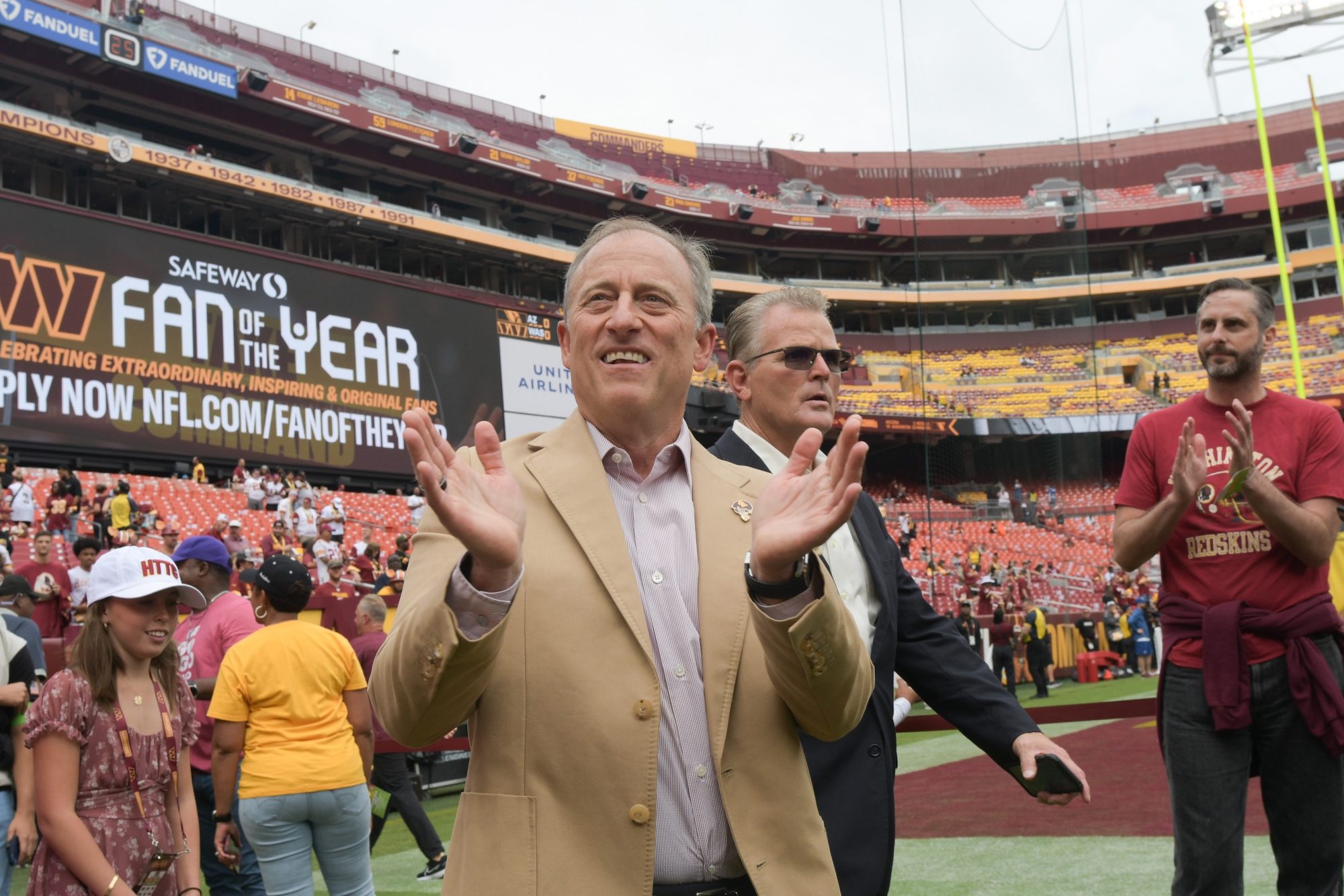
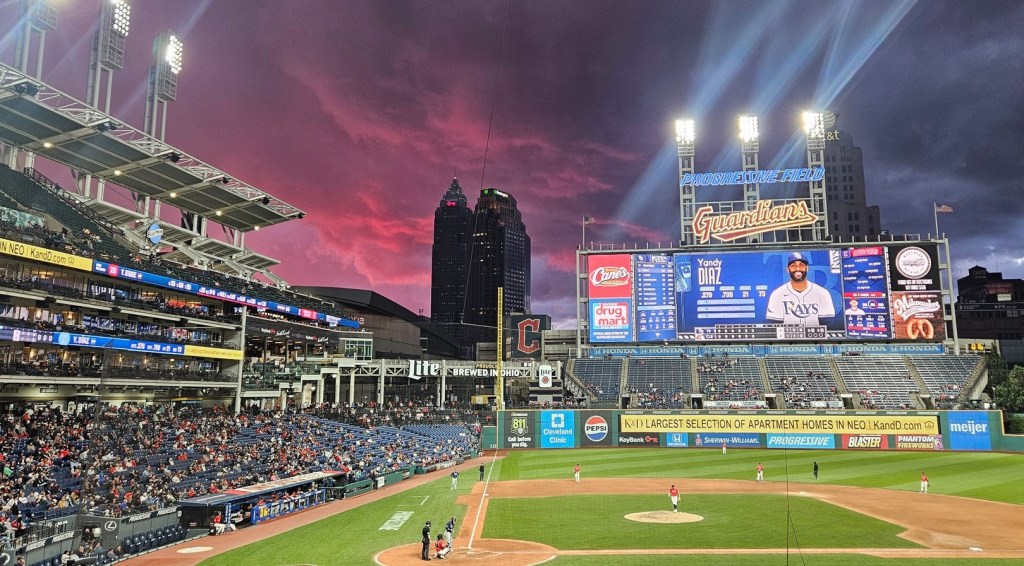
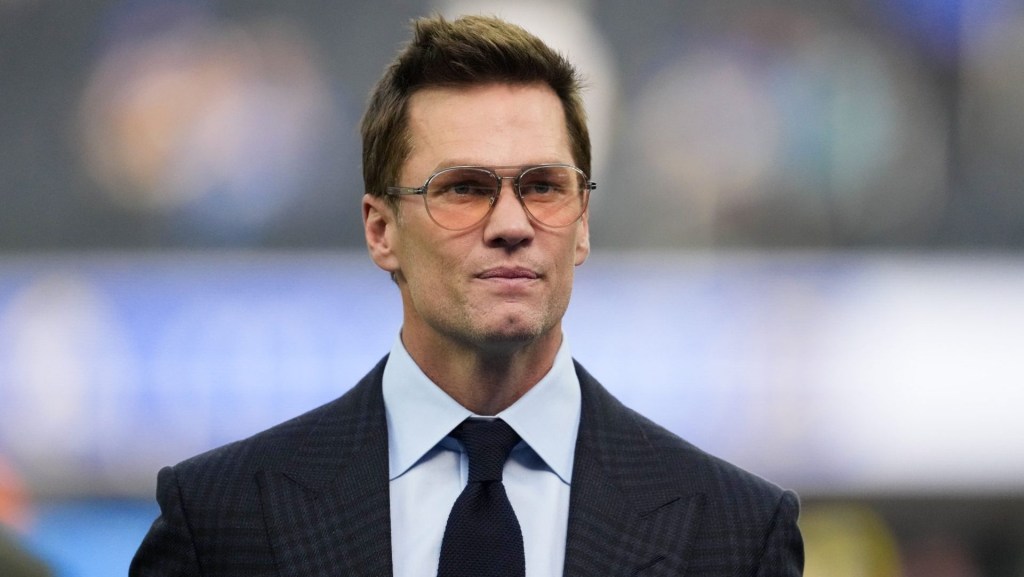




![[Subscription Customers Only] Jun 15, 2025; Seattle, Washington, USA; Botafogo owner John Textor inside the stadium before the match during a group stage match of the 2025 FIFA Club World Cup at Lumen Field.](https://frontofficesports.com/wp-content/uploads/2026/02/USATSI_26465842_168416386_lowres-scaled.jpg?quality=100&w=1024)
![[Subscription Customers Only] Jul 13, 2025; East Rutherford, New Jersey, USA; Chelsea FC midfielder Cole Palmer (10) celebrates winning the final of the 2025 FIFA Club World Cup at MetLife Stadium](https://frontofficesports.com/wp-content/uploads/2026/02/USATSI_26636703-scaled-e1770932227605.jpg?quality=100&w=1024)


